Section 15(1) of the Petroleum Act cap P10 LFN 2004 defines natural gas to mean gas obtained from boreholes and wells and consisting primarily of hydrocarbons. Natural gas could exist independently of oil in which case it is called non-associated gas. Where it exists in association with oil, it is called associated gas. Gas production in Nigeria is mostly linked to the production of oil and about 70% of the gas produced in association of oil is flared as it is arguably cheaper to flare it than to utilize or to re-inject it into the subsoil.
Gas flaring is the burning of natural gas, a by-product of oil extraction. Associated gas is separated from oil at the flow stations and over 70% of it is flared. It was as part of the effort to curb this that led to legislative intervention.
Thus, the Petroleum (Drilling and Production) Regulations 1969 made pursuant to the Petroleum Act supra states under Regulations 43 that not later than five years after the commencement of production from the relevant area, the licensee or lessee (Oil Exploration Licence, Oil Prospecting Licence and Oil Mining Lease) shall submit to the Minister any feasibility study, programme or proposals that he may have for the utilization of any natural gas, whether associated or non-associated with oil, which has been discovered in the relevant area. This provision not being backed up with sanction of law for non-compliance is therefore grossly inadequate.
A more specific law is the Associated Gas Re-injection Act which was enacted in 1979 to compel companies producing oil and gas in Nigeria to submit preliminary programmes for gas re-injection and detailed plans for implementation of gas re-injection.
According to section 3 of the Act, it shall be an offence to flare associated gas after 1 January 1984 except with the permission in writing of the Minister of Petroleum. The permission is given where the Minister is satisfied that after 1 January 1984, utilization or re-injection of produced gas is not appropriate or feasible in a particular field.
The penalty for the breach is the forfeiture of the concession granted in that particular field in relation to which the offence was committed. This is in addition to other monetary penalties. The deadline for gas flaring in Nigeria was put at 1 January 1984.
Later in 1985, the Minister pursuant to the power granted him under section 5 of the Act, made the Associated Gas Re-injection (Continuous Flaring of Gas) Regulations 1985.
The Regulations allow gas flaring where more than 75% of the produced gas is effectively utilised or conserved; the produced gas contains more than 15% impurities which render the gas unsuitable for industrial purposes; an on-going utilisation programme is interrupted by equipment failure not more than 3months; the ratio of the volume of gas produced per day to the distance of the field from the nearest gas line or possible utilisation point is less than 50,000 SCF/KM and the gas-to-oil ratio of the field is less than 3,500 SCF /bbl, hence not technically advisable to re-inject the gas in that field; and where the Minister deems same fit.
It can be gleaned from the above legislation that there is no foresight for the cessation of gas flaring in Nigeria. From a deadline of 1 January 1984 as provided by the Act, to a regime of continuous gas flaring that has no definite date for cessation.
Consequently, most oil companies driven by commercial motives opt to pay the penalties than to invest huge sums of money in gas re-injection or gas utilization programmes. It is noteworthy that 1 January 1984 deadline failed because, among others, there was inadequate infrastructure for associated gas utilization as well as the problem of finance on the part of government to meet her joint venture obligations with the oil companies.
Notwithstanding the inadequacy of the legislative framework, the Judiciary has taken the bolder step of declaring gas flaring illegal. Thus, in Gbemre v. S.P.D.C [Unreported Suit No. FHC/B/CS/53/05], the Federal High Court, Benin declared gas flaring as well as the laws (section 3(2)(a) and (b) of the Associated Gas Re-Injection Act and the Associated Gas Re-Injection (Continued Flaring of Gas) Regulations of 1984) permitting gas flaring in Nigeria, illegal.
In view of the above judicial declaration, one can safely say that notwithstanding the laws (i.e. section 3(2)(a) and (b) of the Associated Gas Re-Injection Act and the Associated Gas Re-Injection (Continued Flaring of Gas) Regulations of 1984) permitting gas flaring in Nigeria, it is illegal and an actionable wrong. Gas flaring can be reduced to the barest minimum if the Nigerian Government can muster the necessary political will to that effect.








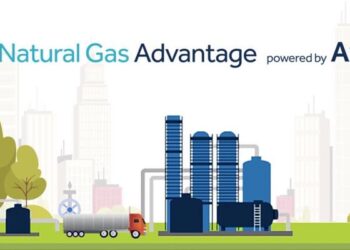
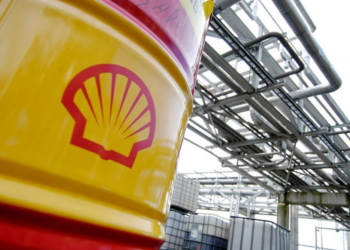
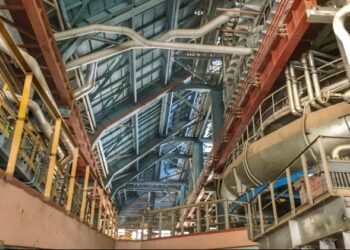

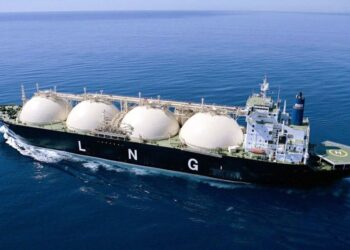
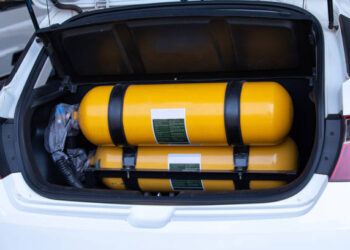



.gif)






